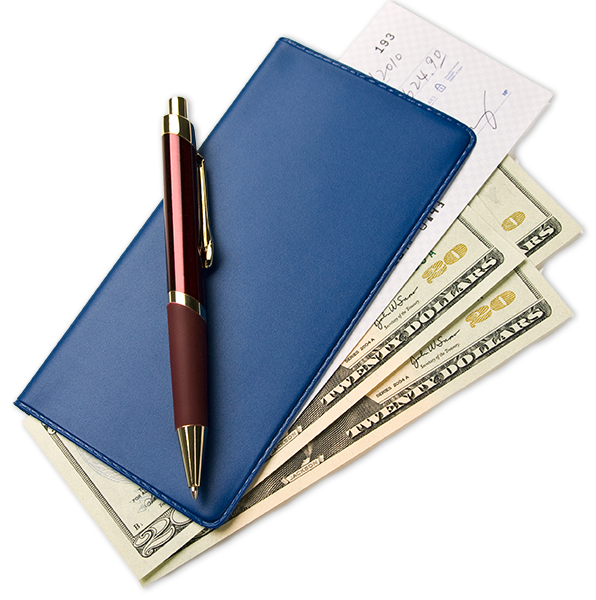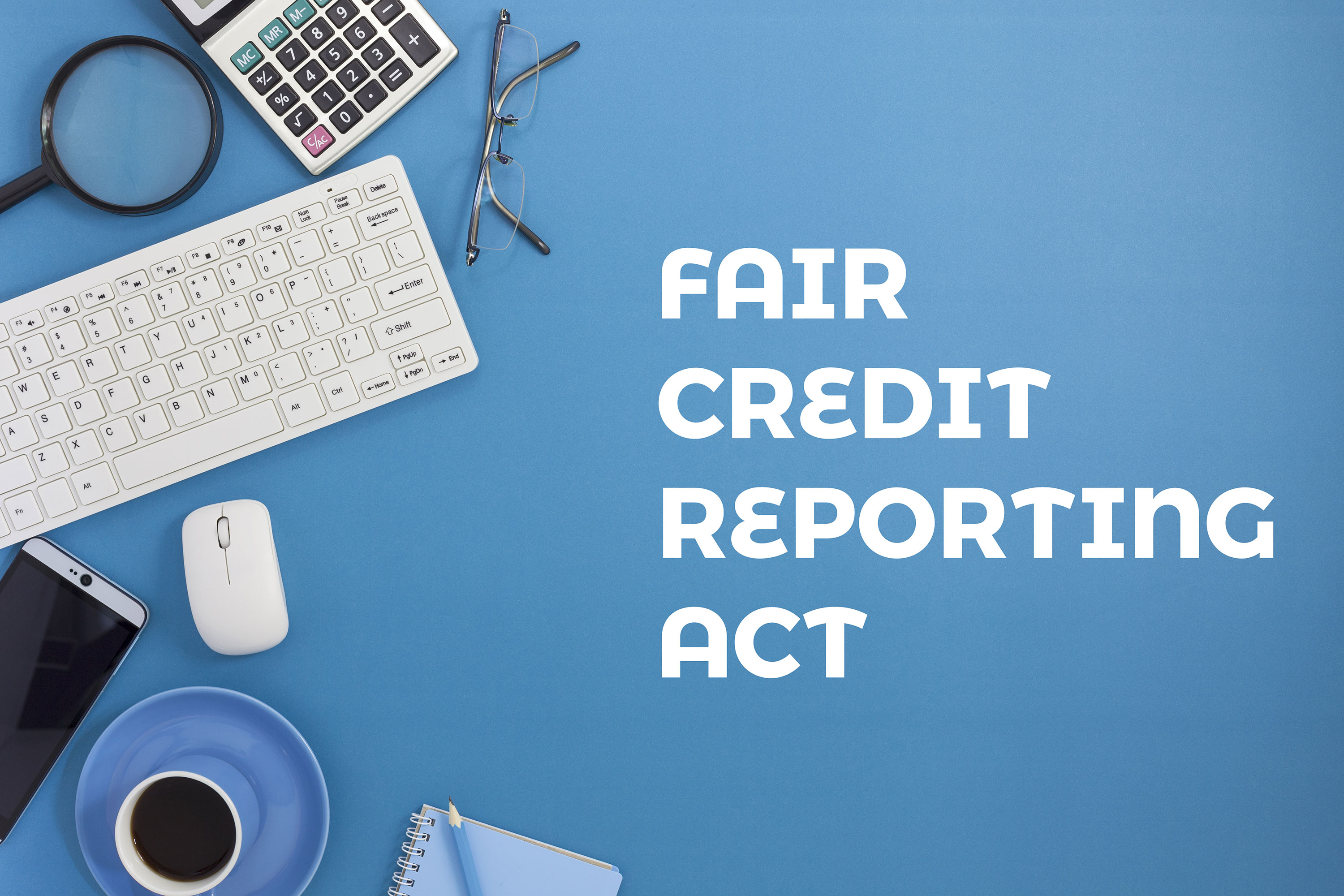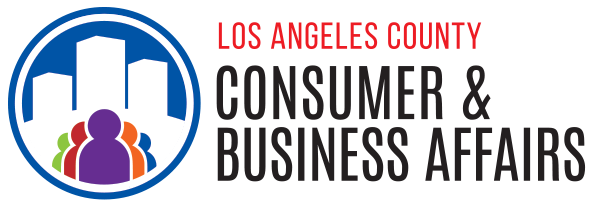Opening a Checking Account
Here you will find
Opening a Checking Account
There are many types of checking accounts you can open at a bank or credit union. This can cause some confusion. The resources below will help you shop around for an account that fits your needs.
Get to know common terms
Click on a financial term to learn more.
How to open an account
Follow these steps to open your new checking account.
Things to bring
Ask your banker what items you will need to open up your new account. These might include:
Your initial deposit
Identification (driver’s license, passport, state ID, etc.)
A bill with your name and address on it

COMPARE
After comparing accounts at different banks and credit unions, choose the one that best fits your needs
STEP 1
CALL
Call in advance and ask questions about services the bank or credit union provides. For example, ask about minimum balance requirements, fees, etc
STEP 2
SCHEDULE
Schedule an appointment to open the account.
STEP 3
WHAT TO BRING
Ask what information you need to bring. Usually you will need to bring an initial deposit, a form of identification, and a bill with your name and address on it
STEP 4
READ TERMS & CONDITIONS
Before signing for your new account, read all the terms and conditions. If there is something you don’t understand, ask the representative. Never sign something you don’t understand.
STEP 5
Consider these questions before opening a checking account

- Is there a minimum deposit required to open the account?
- How much are the monthly fees?
- Can the monthly fees be waived?
- Is there a minimum balance requirement?
- Are there overdraft or non-sufficient funds (NSF) fees?
- Is there a limit on the number of transactions?
- Does the account have online and mobile access?
- Does the account have free ATM access in-network or out-of-network?
- Is the bank or credit union insured?
- Is it easy to access your money?
- Can you pay your bills online for free?
- Can you have alerts on your account?
- Do you receive monthly statements electronically or paper?
- Is there a cost for money orders
- Are the ATM and branch locations near you?
Maintain your account to avoid fees
By avoiding these fees, you can save money and keep from having your account closed.

COMMON BANKING FEES
This fee is usually charged monthly or annually for the use of an account. Some banks or credit unions will waive the fee if you maintain a certain daily balance or use direct deposit for your paychecks.
An account can be charged this fee when there is a required minimum balance that must remain in the account and the account balance falls below that amount.
It is important to know before you open an account which ATM locations are accessible for you to use at no cost. You may be charged additional fees to use an ATM that is not related to your bank. Also, the ATM operator, such as a convenience store owner, can charge an access fee for cash withdrawals. Check with your bank or credit union to find out their ATM policy.
Some accounts may be limited in the number of transactions it can process during a specified timeframe. If you exceed the amount of transaction you can be charged an excess transaction fee.
Many times banks or credit unions require you to have your account open for a certain period of time before it can be closed. Check your account terms before you consider closing your account to avoid an early account closing fee.
An overdraft fee occurs when you don’t have enough money in your account to cover a transaction, but the bank pays the transaction anyway. You can overdraw your account through checks, ATM transactions, debit card purchases, automatic bill payments, and electronic or in-person withdrawals.
An NSF or non-sufficient funds fee may occur when your check or electronic authorization is not paid due to a lack of funds in your account this is commonly referred to as a “returned” or “bounced” check.

ChexSystems
ChexSystems is a nationwide specialty consumer reporting agency under the federal Fair Credit Reporting Act. ChexSystems reports information on closed checking and savings accounts. Banks use this report to determine whether or not to open an account to someone who has banking history reported on ChexSystems. You can get a copy of your ChexSystems report by visiting their website or calling the number below.
Phone: 800.428.9623

